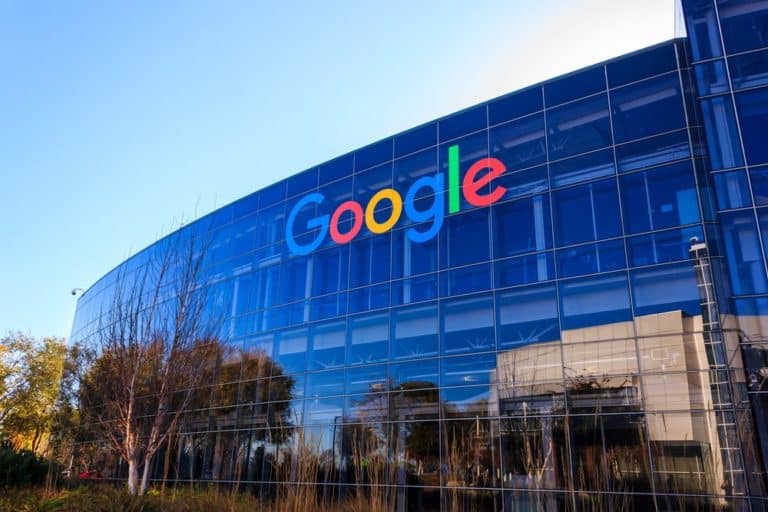Google Cloud will not offer facial recognition APIs commercially until important technical and political issues have been resolved. In a blog post, the Internet giant explains to what extent the company is now using the facial recognition technology it has developed.
Like many multi-application technologies, facial recognition deserves careful consideration to ensure that its use is consistent with our principles and values, and avoids abuse and harmful effects. We continue to work with other organizations to identify and address these challenges, said Kent Walker, senior vice president of Global Affairs at Google, in a blog post.
Nicole Ozer of the American Civil Liberties Union (ACLU) can appreciate the step of the internet giant. Google has shown today that, unlike other companies that are redoubling their efforts to hand over technology for dangerous facial surveillance to law enforcement and ICE, it has a moral compass and is willing to take action to protect its customers and communities.
“Google has also made it clear that all companies must stop ignoring the serious damage that these surveillance technologies can do to immigrants and people with a colour, and to our freedom to live, visit a church or take part in a protest without being followed by the government,” says Ozer.
Amazon and Microsoft
Unlike Google, Amazon does offer its facial recognition technology. For example, it sold its Recognition software to the American Immigration and Customs Enforcement (ICE) and other government agencies. This was to the great displeasure of civil rights organisations, their own investors and employees, who urged the company in particular to stop offering face recognition technology to the police. In a letter addressed to CEO Jeff Bezos, Amazon employees warned about the risk that Recognition could become a monitoring tool for the government that could harm people.
Microsoft also recently published six of the company’s principles regarding its own facial recognition technology. One of these guidelines is a commitment to treat people fairly and to provide clear communication about the possibilities and limitations of the technology. Brad Smith, Microsoft’s top executive, called for regulation of facial recognition. He expresses concern about the proliferation of surveillance systems with powerful facial recognition.
Related: Microsoft leader calls for regulation of facial recognition
This news article was automatically translated from Dutch to give Techzine.eu a head start. All news articles after September 1, 2019 are written in native English and NOT translated. All our background stories are written in native English as well. For more information read our launch article.